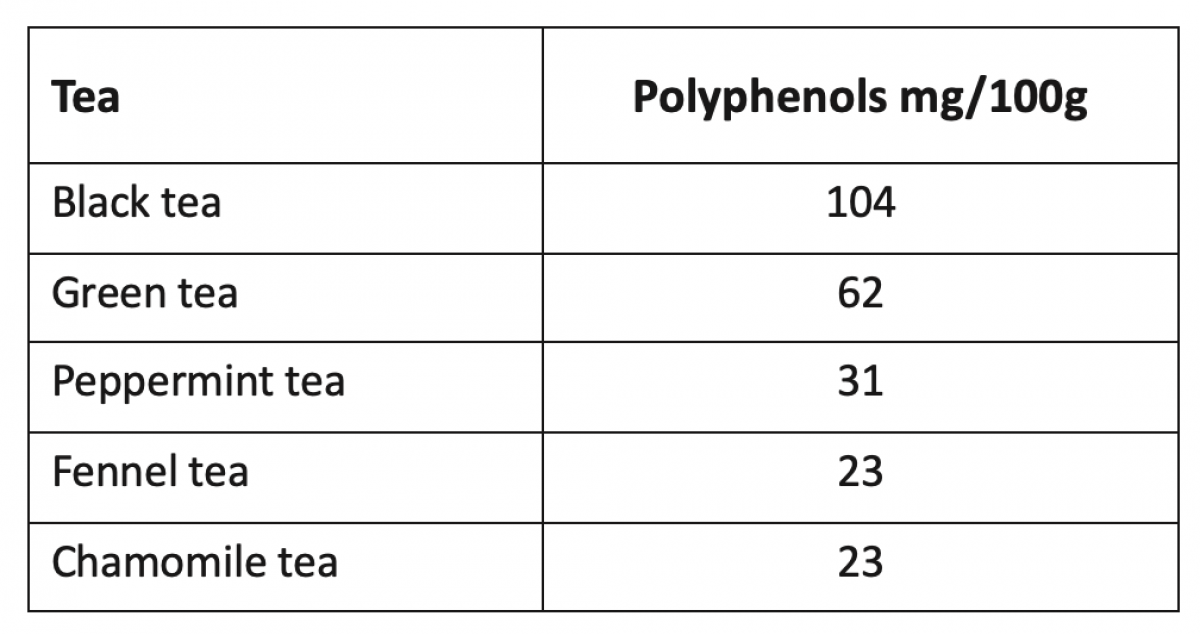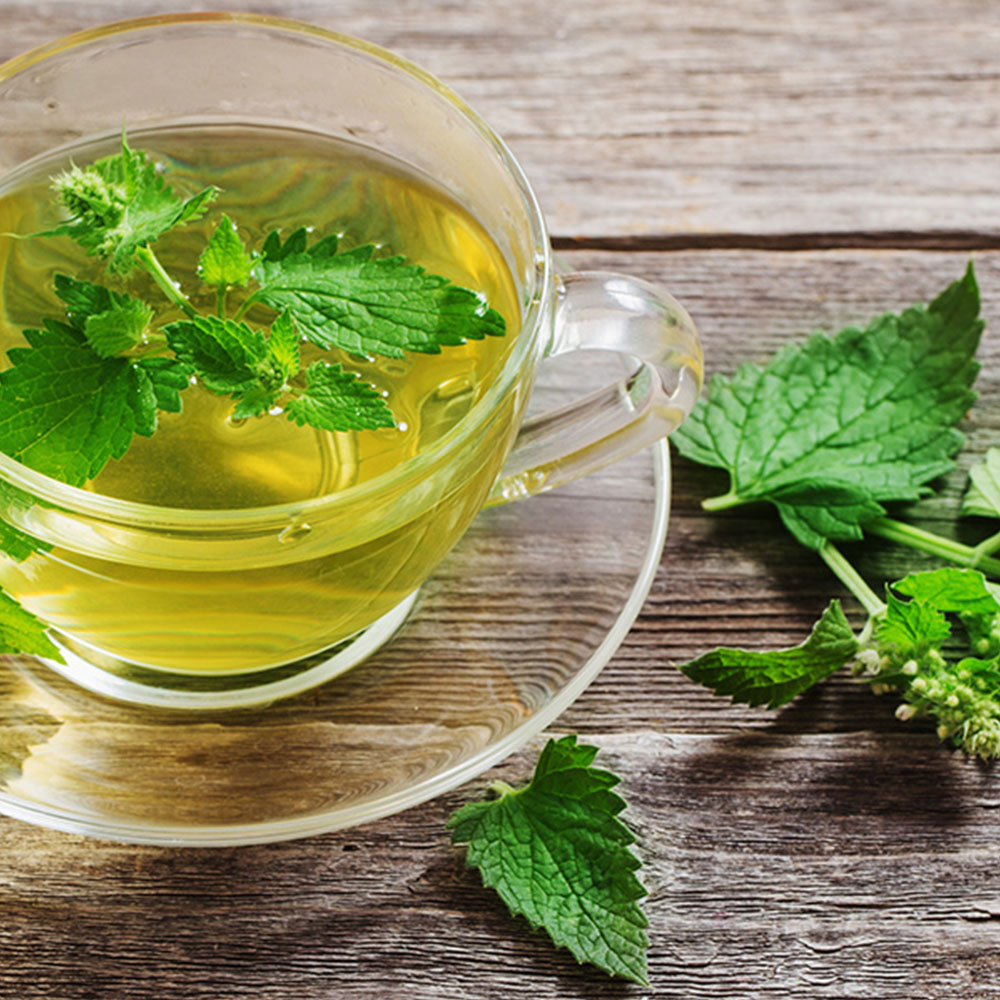12 August 2024
Extract from Genius Gut - The Life Changing Science of the Second Brain

Extract from Genius Gut - The Life Changing Science of the Second Brain p293-295
Reproduced with kind permission from Penguin Books
============================
Black tea, green tea and matcha
Not everyone likes coffee – and that’s completely OK. Only drink coffee if you enjoy it and it makes you feel good. If you’re not into coffee, maybe you’re someone who’s more of a tea drinker. Tea’s most abundant polyphenols are catechins. These polyphenols have anti- inflammatory and antioxidant effects that support your immune system – by drinking tea you’re 30 per cent less likely to get flu.17 Great news for tea- loving Brits. Herbal teas and fruit teas also contain polyphenols but in smaller amounts – and can be great ways to flavour water, either hot or cold.

If you weighed dry black tea vs coffee grounds, black tea contains more caffeine. But as we use less actual tea to make a cuppa, it ends up that there’s less caffeine in your mug of tea than there is in a cup of coffee. Tea also contains an amino acid called L-theanine that fine-tunes the effect of caffeine, relaxing you but not so you feel drowsy – you feel alert without the jittery crash you sometimes get with coffee.
Green tea and black tea are made with the same tea leaves; the difference between black tea and green tea is how the leaves are processed and treated. Matcha is a powder made from green tea leaves, but instead of soaking the tea in water, then extracting the tea, the ground tea leaves are blended in and drunk with the water. Matcha is therefore a more concentrated version of green tea, more nutrient dense, and can contain three times more catechins and more L-theanine, helping you to feel less stressed, and giving you a slight attention and memory boost.
Tea made with matcha also contains fibre, like coffee, but tends to vary in the amount depending on the matcha. While we don’t yet have evidence, like we do with coffee, for matcha’s effects on your gut microbiome (unfortunately we didn’t have data on matcha in the study mentioned in the first line of the section on coffee), based on its nutrition content it’s likely as good for your gut bacteria. So choose whichever you enjoy the most. And if you don’t like either, that’s not a problem – you don’t have to drink or eat anything you don’t enjoy.
=====================

Dr Emily Leeming PhD MSc RD is a microbiome scientist, registered dietitian, and former chef. She is a Research Fellow at King’s College London, where she researches the impact of diet on the gut microbiome. Dr Emily is a regular contributor to The Daily Mail and frequently appears in the media such as BBC Radio, Vogue, The Sunday Times, and The Telegraph. She is the author of Genius Gut: The Life-Changing Science of the Second Brain, and writes a weekly Substack newsletter on the gut-brain connection called Second Brain.
www.emilyleeming.com
Book: Genius Gut: The Life-Changing Science of the Second Brain
Instagram: @dremilyleeming
Substack: Second Brain




